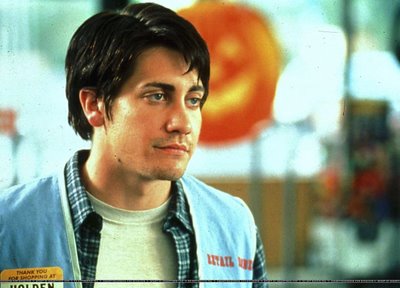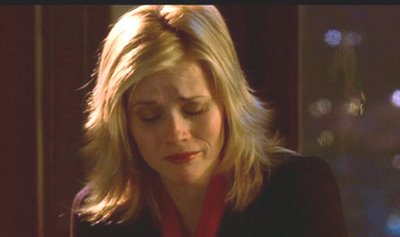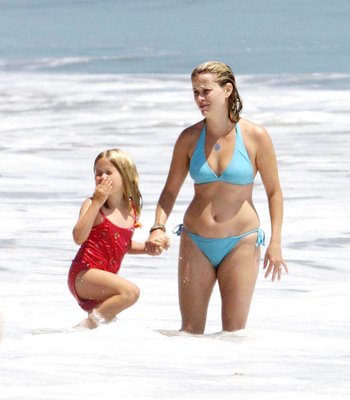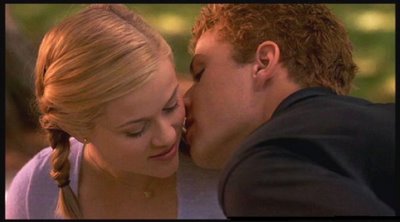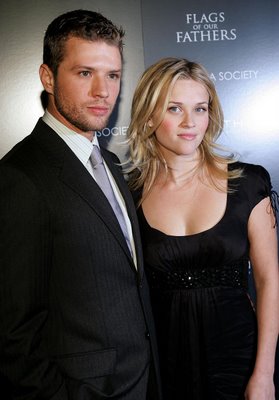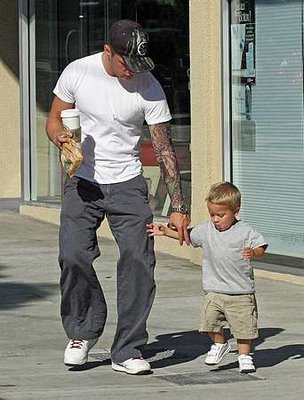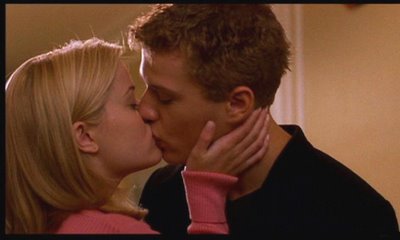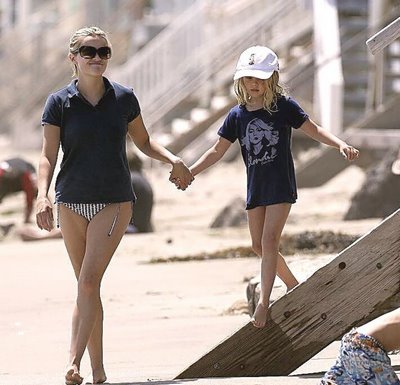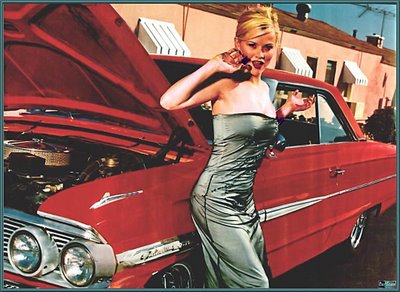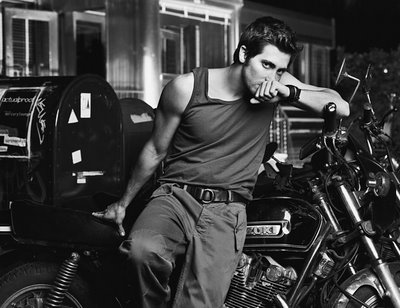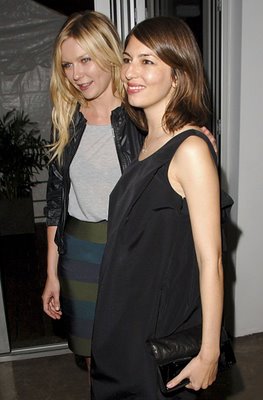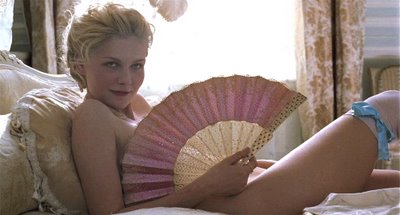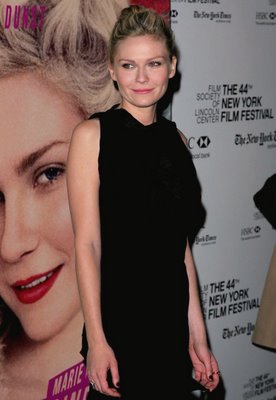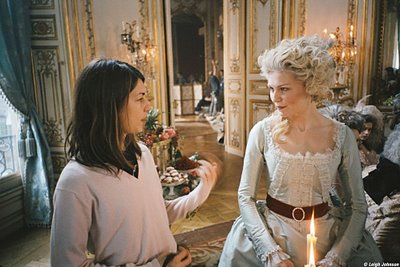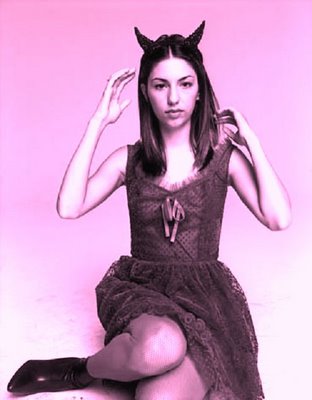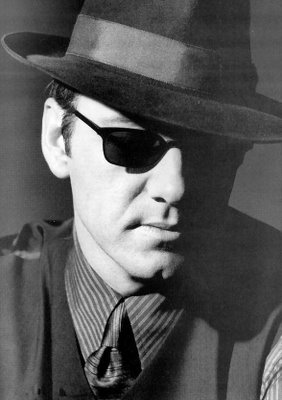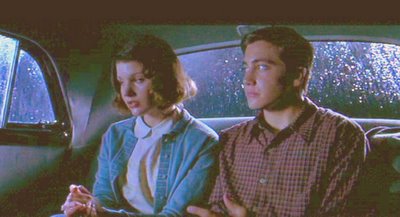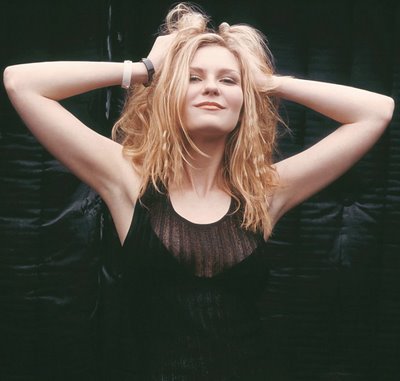
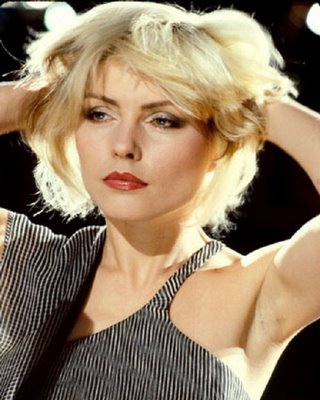
"One little tease of a line at the end of Liz Smith’s column in Variety suggests that Kirsten Dunst is going to play Debbie Harry in a big screen version of Harry’s life story.
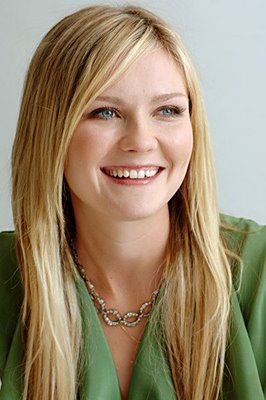
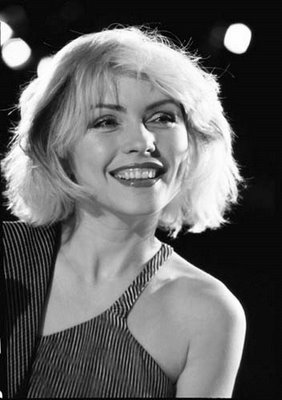
Our immediate reaction is not the same you’ve-got-to-be-fucking-kidding-me thing we felt when it was announced that Zooey Deschanel had won the epic battle to represent Janis Joplin onscreen, but it’s close.
As revealed in this side-by-side shot, Dunst actually looks a bit like Harry — heart-shaped face, the wide-set eyes, the cheekbones, the being-blond thing.
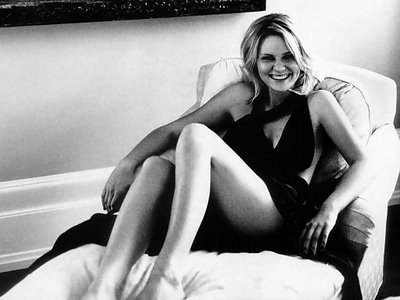

But, like, no! It’s fine with us when rockers want to do TV or movies (we just watched Johnny Cash play a version of himself in an old Columbo episode the other night — freaking awesome) but no actor can actually play a rock star. There is no one the movie-making world could offer up that would be worthy of playing Debbie Harry, or Janis, or Joey Ramone, or Iggy Pop (Elijah Wood?!?? Please, god, no!)
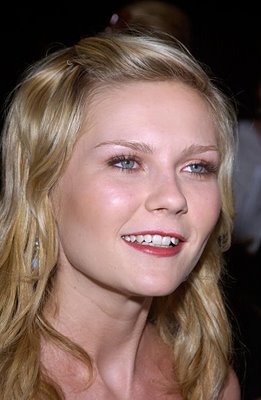
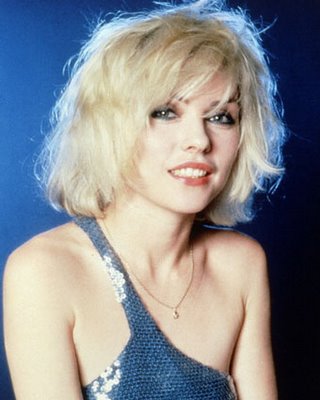
Are we insane? Who would you like to see in the Debbie Harry role?" (by Elizabeth Goodman) Source: Rolling Stone
